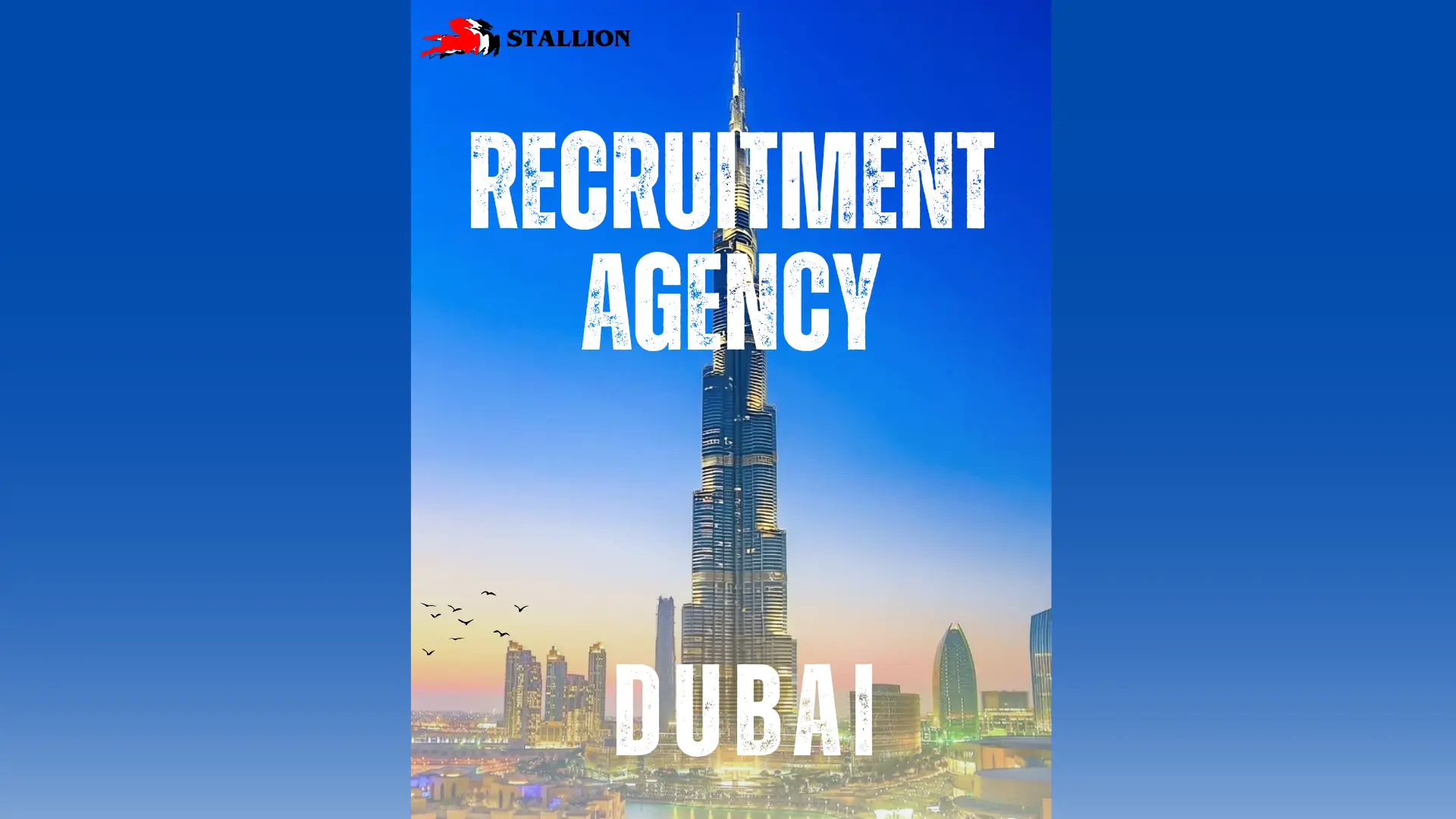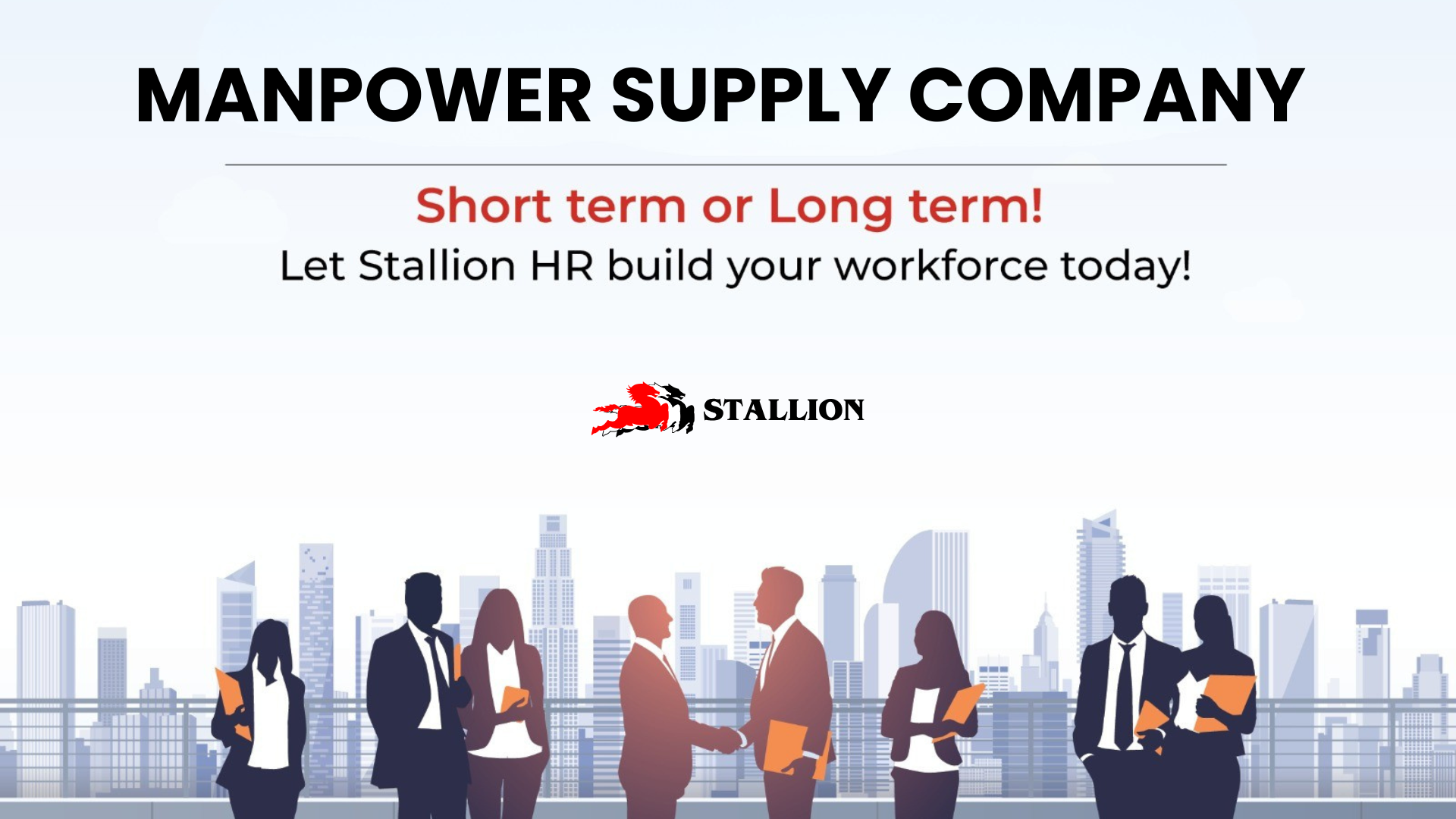In Dubai’s rapidly evolving business environment, hiring the right talent is more crucial than ever. With economic diversification, the growth of tech hubs, and the expansion of sectors like healthcare, logistics, and finance, businesses need skilled professionals, and they need them fast. This is where a trusted recruitment agency in Dubai becomes invaluable.
In this blog, we’ll explore the role of recruitment agencies in the Dubai job market, spotlight trends, and provide insights for both employers and job seekers. Whether you’re a startup founder, an HR manager, or a job seeker looking for new opportunities, this guide will offer actionable advice and help you understand how the best staffing agency Dubai options can make a difference.
Why Choose a Recruitment Agency in Dubai?
Dubai’s labor market is diverse, fast-paced, and competitive. A recruitment agency in Dubai can help companies:
- Save time and resources on hiring
- Access top-tier talent across multiple sectors
- Navigate UAE labor laws
- Improve employee retention through better candidate matching
Recruiters in Dubai are well-versed in the needs of both multinational corporations and local SMEs. Their networks and databases give clients a competitive edge in finding skilled candidates quickly.
Top Benefits of Working with Job Recruitment Agencies in Dubai
1. Access to Specialized Talent
Many job recruitment agencies in Dubai specialize in specific industries. For example, IT recruitment agencies in Dubai focus on sourcing developers, cybersecurity experts, and tech project managers. Others may specialize in finance, real estate, or hospitality.
2. Faster Hiring Process
Staffing companies in Dubai already have a talent pipeline. This means roles are filled faster, minimizing the cost of unfilled positions.
3. Compliance and Legal Guidance
Hiring agencies in Dubai understand the labor law framework, including visa processing, Emiratization requirements, and onboarding compliance. They reduce the risk of legal issues in hiring.
4. Improved Candidate Quality
Job agencies in Dubai conduct pre-screenings, background checks, and skills assessments. This ensures you meet only serious and qualified candidates.
5. Flexible Hiring Models
Whether you need temporary staff, contract-based roles, or permanent hires, an employment agency Dubai offers flexible options tailored to business cycles and project needs.
Types of Recruitment Agencies in Dubai
IT Recruitment Agencies in Dubai
As technology becomes central to business operations, IT recruitment agencies in Dubai are in high demand. These agencies source talent for:
- Software development
- Data analysis
- Network and infrastructure management
- Cybersecurity
General Staffing Companies in Dubai
These cater to multiple industries, helping businesses find sales staff, administrative support, drivers, and hospitality workers.
Executive Search and HR Agency Dubai
If you’re looking for leadership roles like C-suite or department heads, an HR agency in Dubai or an executive search firm can deliver vetted professionals with proven track records.
How Job Agencies in Dubai Support Candidates
Recruitment isn’t just about employers. For job seekers, job agencies in Dubai offer:
- Free access to exclusive job listings
- Career counseling and CV optimization
- Interview coaching
- Industry insights and salary benchmarks
Whether you’re an IT expert, engineer, marketer, or logistics coordinator, recruitment agencies simplify your job search.
What to Expect When Working with a Staffing Agency in Dubai
The recruitment process typically includes:
- Consultation – Understanding company needs or candidate goals
- Talent Search – Searching databases, job portals, and networks
- Screening & Shortlisting – Verifying resumes, references, and background
- Interview Coordination – Streamlining interviews between both parties
- Hiring & Onboarding – Supporting documentation, visa, and orientation
This streamlined process makes staffing agencies in Dubai a smart choice for busy companies and ambitious professionals.
Choosing the Right Employment Agency Dubai
When selecting a recruitment partner, consider:
- Industry Expertise: Do they specialize in your field?
- Client Portfolio: Have they worked with similar-sized companies?
- Reviews and Testimonials: What do past clients or candidates say?
- Response Time: How fast do they react to requests?
- Support Services: Do they offer payroll, onboarding, or visa support?
Top agencies like TASC Outsourcing, BAC Middle East, and NADIA Recruitment rank among the most reliable.
The Rise of Digital in Hiring
Many staffing companies in Dubai now use AI tools to match candidates based on skills and job descriptions. Video interviews, virtual onboarding, and AI-powered assessments are becoming the norm. Recruitment is no longer just manual—it’s smart, tech-driven, and data-backed.
Case Study: Successful Hiring with a Recruitment Agency in Dubai
A logistics firm needed 50 warehouse and operations staff within 3 weeks. By partnering with a local staffing agency Dubai recommended, they:
- Received 100+ pre-screened applications in 5 days
- Completed all interviews and documentation within 2 weeks
- Saved 30% on expected hiring costs
This shows how the strategic use of recruitment agencies saves time, cost, and effort.
Challenges Recruitment Agencies Help Solve
- High Turnover: Better candidate-job fit reduces attrition
- Slow Hiring: Agencies speed up processes with pre-vetted pools
- Lack of Compliance Knowledge: Experts handle legal requirements
- Scaling Teams Quickly: Especially during expo events, new projects, or peak seasons
Future Outlook for Staffing and Hiring Agencies in Dubai
As Dubai continues to grow as a regional business hub, the role of job agencies in Dubai will expand. Expect more specialization, improved tech integration, and stronger employer branding support.
Agencies that invest in technology, candidate experience, and regulatory knowledge will thrive. Whether you’re a tech startup hiring developers or a hospitality chain building teams, working with a recruitment agency in Dubai is the way forward.
Final Thoughts
Hiring the right talent is a challenge, but also an opportunity to shape your company’s future. With the support of professional recruiters in Dubai, your business gains access to exceptional talent, smoother hiring, and long-term success.
For candidates, job agencies in Dubai are more than middlemen—they’re career partners.
If you’re seeking the best staffing companies in Dubai, choose one with a proven record, industry-specific knowledge, and a human touch.
For more insights and updates on recruitment trends in Dubai, follow us on our social media channels:











